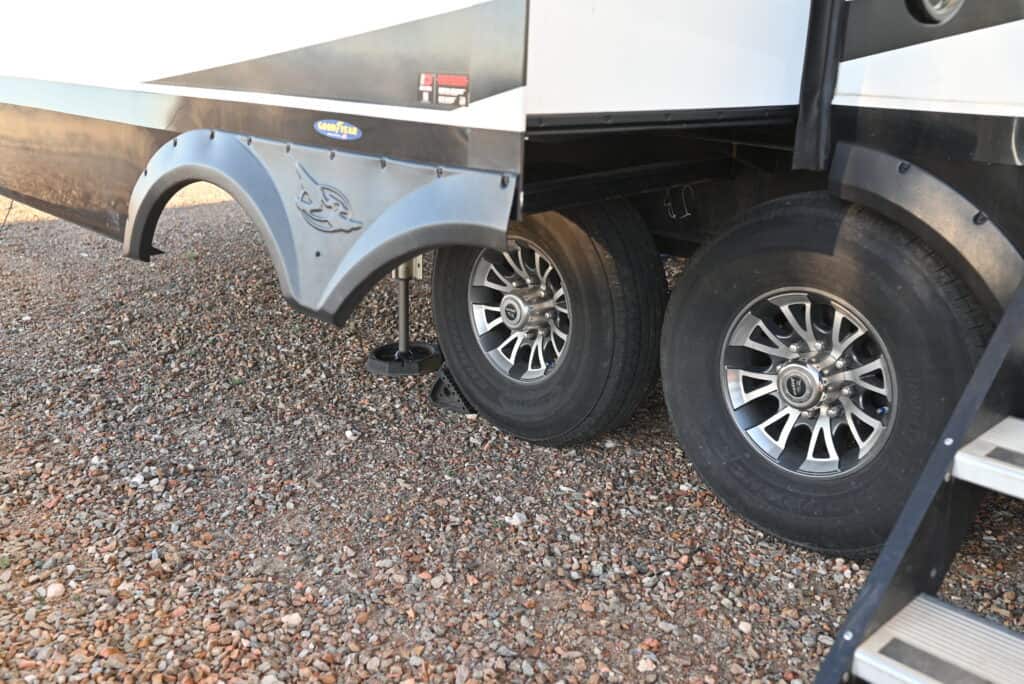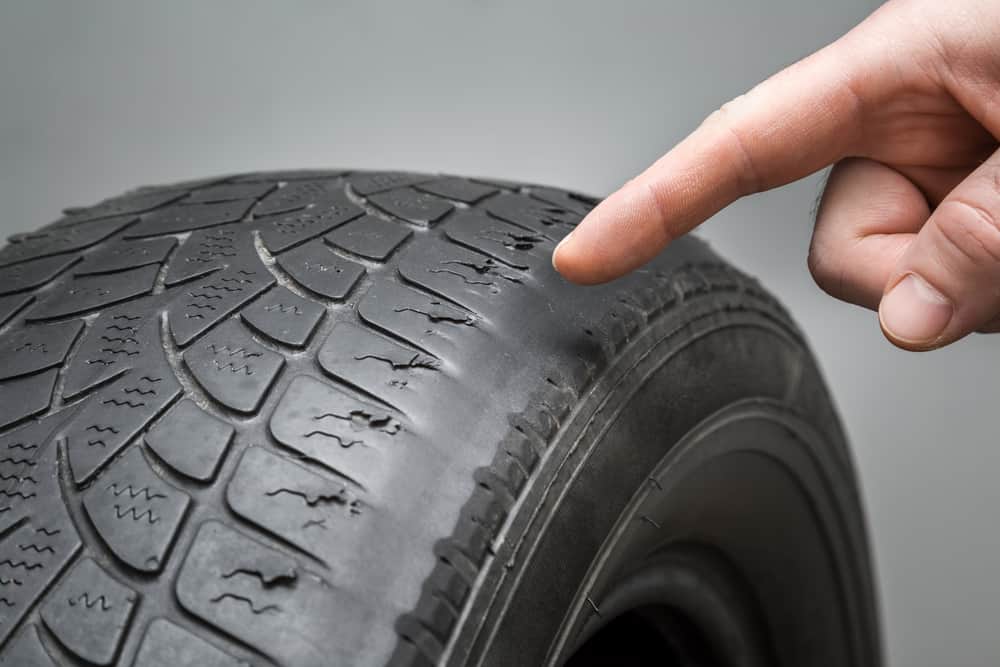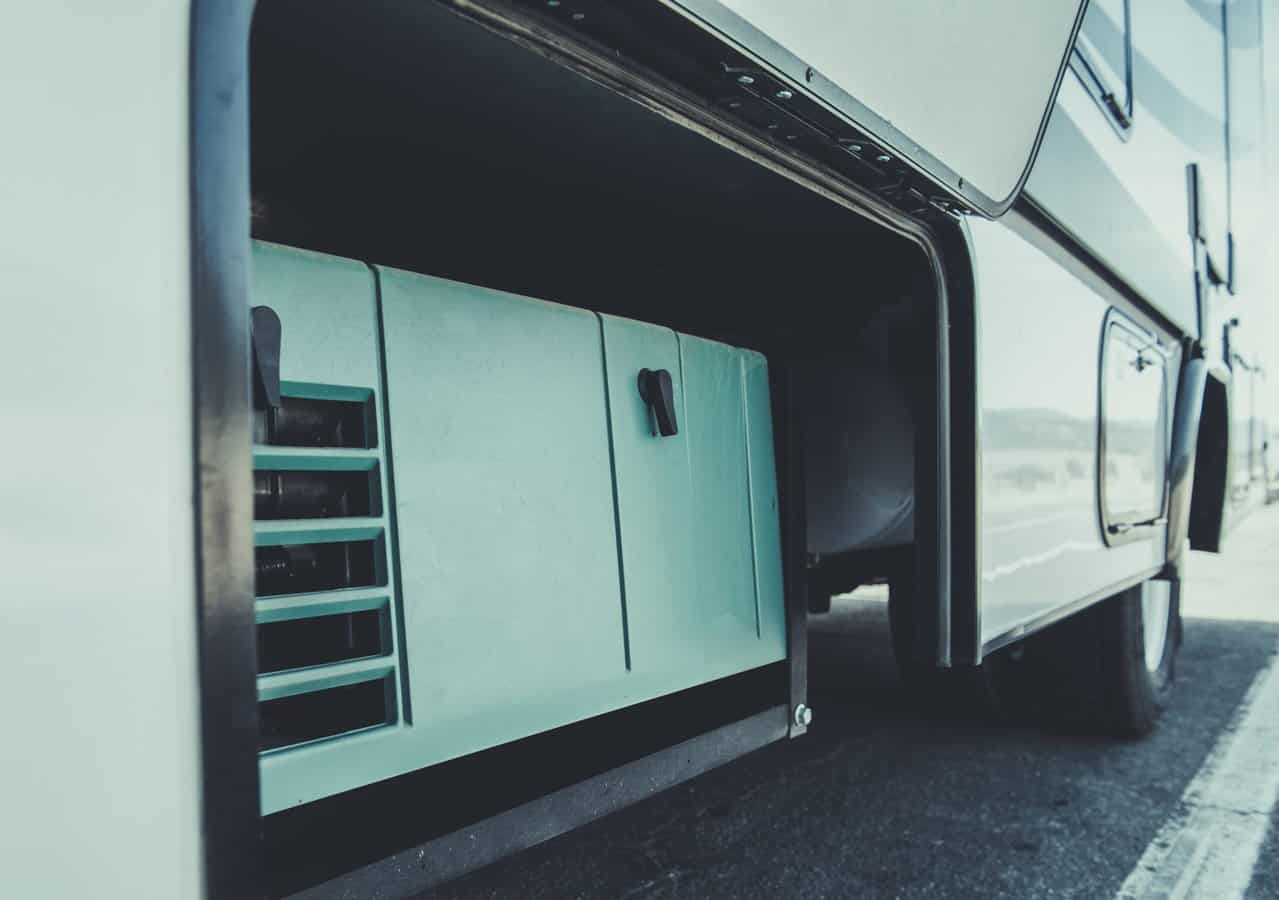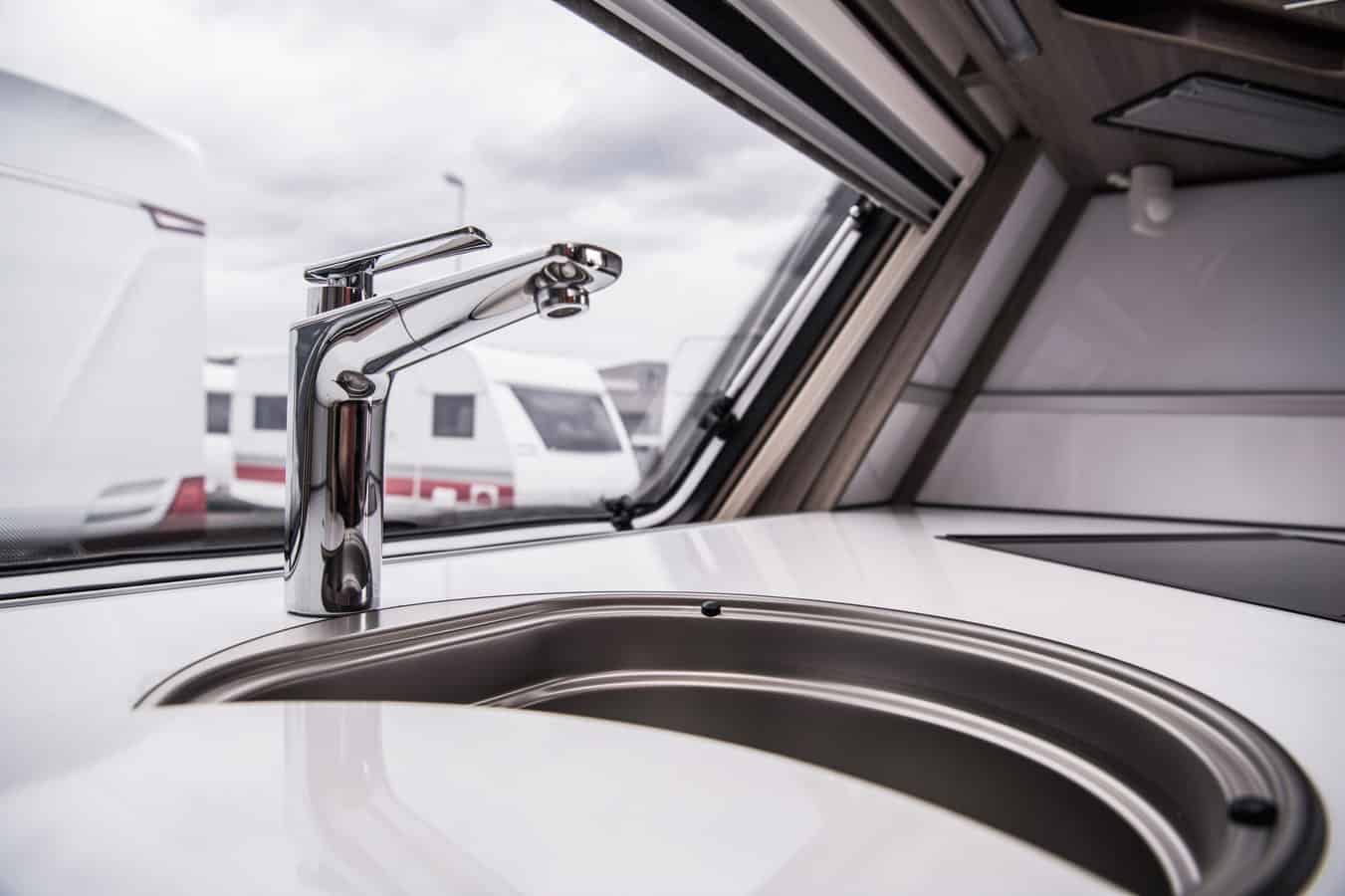
How Much Does RV Maintenance Cost On Average?
RVs, from tiny teardrop campers to huge Class A motorhomes, are complex vehicles. Along with the initial cost, you also need to consider regular RV maintenance costs. Budgeting for maintenance can be challenging due to unexpected repairs. Some RVers spend about $500 per year, while others spend in the $1,000-$3,000 range, depending on their vehicle type and maintenance tasks.
RV Maintenance Cost Factors
How Often Do You Use Your RV?
The frequency of RV use significantly influences maintenance costs. Occasional users may have a smaller budget compared to full-time travelers, who will need more frequent cleaning, repairs, and services. Storage costs, either at a facility or at home, also add to expenses.
RV Age
Older RVs require more maintenance than newer ones, with vintage models needing special parts and routines, thereby increasing costs.
Vehicle Size and Type
The type of RV affects maintenance costs. Motorhomes, combining a vehicle with living space, require more upkeep than trailers. Larger RVs like fifth wheels also demand a higher maintenance budget compared to smaller ones.
Major Repairs or Upgrades
Budgeting for unexpected problems, such as accidents or significant damage, is crucial. These can substantially increase costs, so it’s wise to have a financial cushion for such occurrences.
Average Annual RV Maintenance Costs
RV Tires
Tire maintenance represents a major ongoing expense for RV owners. The lifespan of RV tires generally ranges from five to seven years, depending on usage and maintenance. However, even with minimal use, the tires may still require replacement within this timeframe due to aging and exposure to elements. The cost of new tires can vary significantly, typically ranging between $100 to $900 per tire. This variation in price is often influenced by factors such as tire size, brand, and specific requirements for different types of RVs.
In addition to replacements, regular tire maintenance is crucial for ensuring safety and longevity. This includes routine tire rotations, which help distribute wear evenly across all tires, extending their usable life. Regular inspections are also important to check for issues such as tread wear, sidewall damage, or punctures. Addressing these problems early through repairs can prevent more costly replacements down the line.
Another aspect of tire maintenance is ensuring proper inflation. RV tires need to be inflated to the correct pressure for optimal performance and safety. Incorrect tire pressure can lead to increased wear, higher fuel consumption, and even the risk of blowouts. Regularly checking and adjusting tire pressure, especially before long trips, is a simple yet vital practice.
Finally, protecting tires from environmental factors when the RV is not in use is also important. Prolonged exposure to sunlight and extreme temperatures can accelerate the degradation of tires. Using tire covers and parking in shaded or covered areas can help mitigate these effects.

Oil Changes
For motorhome owners, regular oil changes and fluid top-offs are essential maintenance tasks. These services are crucial for ensuring the long-term health and efficiency of the motorhome’s engine. The cost for an oil change typically ranges between $100 to $300, a price that can vary based on the type of oil used, the engine size, and the specific requirements of the motorhome.
Even for those who use their motorhome infrequently, it’s recommended to plan for annual, or at the very least, semiannual oil changes. Oil in the engine can degrade over time, even if the motorhome isn’t used frequently. This degradation can lead to reduced lubrication and the potential for increased wear and tear on engine components. Regular oil changes ensure that the engine is running with fresh, high-quality oil, which is vital for optimal performance and longevity.
In addition to oil changes, checking and topping off other essential fluids is a key part of regular maintenance. This includes transmission fluid, brake fluid, coolant, and power steering fluid. These fluids play critical roles in the safe and efficient operation of the motorhome. For example, low coolant levels can lead to overheating, while insufficient brake fluid can compromise braking performance.
Maintaining the correct levels and conditions of these fluids not only helps in the smooth functioning of the motorhome but also serves as a preventative measure against costly repairs down the line. Regular checks allow for early detection of potential issues, such as leaks or contamination, which can then be addressed before they escalate into more serious problems.
Battery Care
Battery maintenance is a crucial aspect of RV upkeep, with the cost of replacements being a significant consideration. For RV owners, understanding the different types of batteries and their respective costs is important for budgeting and maintenance planning.
Lithium RV batteries, known for their long lifespan and efficient performance, represent a higher upfront investment, often exceeding $1,000. Their advantages include a greater depth of discharge, a longer life cycle, and a lighter weight compared to traditional batteries, making them a popular choice despite the higher cost. These batteries are particularly suited for RV owners who frequently use off-grid power or have high energy demands.
On the other hand, standard 12V batteries, typically used in most RVs, are more affordable, with prices around $150. While they are more economical initially, they generally have a shorter lifespan and lower energy efficiency compared to lithium batteries. These lead-acid batteries require regular maintenance, including checking fluid levels and ensuring they are kept charged, especially when the RV is not in use.
The choice between lithium and standard 12V batteries often comes down to the individual needs and usage patterns of the RV owner. Those who undertake extensive or full-time travel with higher energy needs may find the investment in lithium batteries worthwhile. In contrast, occasional travelers or those with lower power requirements may opt for the more economical standard 12V batteries.
Regular battery inspections are essential to identify any issues such as corrosion, loose connections, or damage. Proper care and timely replacements not only ensure the reliability of the RV’s electrical systems but also prevent potential safety hazards. Understanding the different requirements and costs associated with RV batteries allows owners to make informed decisions and maintain their RV’s power system effectively.
Brake Checks
Regular brake inspections and pad replacements are vital for ensuring the safety of your RV. These maintenance tasks typically cost between $300 and $600, a price that reflects the importance of the braking system in overall vehicle safety.
Brake inspections involve checking the condition of the brake pads, rotors, calipers, and the brake fluid system. This comprehensive evaluation helps identify any wear, damage, or potential issues that could compromise the braking performance. Given the size and weight of most RVs, maintaining an effective and responsive braking system is crucial, especially for navigating through various terrains and driving conditions.
Brake pad replacements are a common outcome of these inspections. The pads are a critical component of the brake system, providing the necessary friction to slow down or stop the vehicle. Over time, brake pads wear down and need to be replaced to ensure consistent braking performance. The cost of replacing brake pads varies depending on the type of RV and the quality of the pads but is typically within the $300 to $600 range.
Neglecting regular brake maintenance can lead to more serious and costly repairs in the future, and more importantly, it can pose a significant safety risk. For instance, worn-out brake pads can lead to reduced braking efficiency, which can be particularly hazardous in emergency stopping situations or on steep inclines.
Additional Costs
RV maintenance encompasses a wide range of tasks, varying from simple and inexpensive activities to more complex and costly repairs. This includes everything from routine generator upkeep to essential roof repairs. The costs of these maintenance tasks can vary significantly. Some may be relatively affordable, while others, especially those involving major components or specialized services, can amount to hundreds of dollars.
Preventative measures play a crucial role in reducing long-term maintenance costs. Regular cleaning, for instance, helps prevent the buildup of dirt and grime that can lead to more serious issues, like rust or decay. Similarly, consistent lubrication of moving parts can prevent wear and tear, thereby extending the lifespan of these components.
Addressing maintenance issues as soon as they arise is another key strategy in controlling costs. Small problems can quickly escalate into major repairs if left unattended. For example, a minor leak in the roof can lead to significant water damage over time, resulting in a much more expensive repair job. Prompt attention not only solves the immediate problem but also prevents the potential for more serious, and costly, damage down the line.
Track your expenses with RV LIFE
Managing RV maintenance tasks and expenses can be overwhelming. RV LIFE Maintenance offers a solution with tools for creating a personalized maintenance schedule, tracking expenses and fuel economy, and managing important documents like warranties and repair records.
Related articles:




